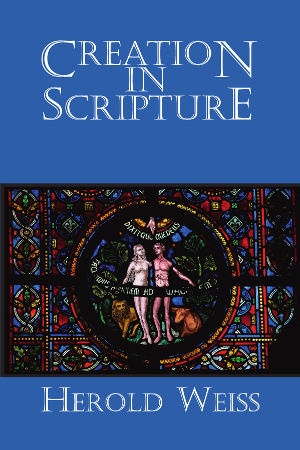In the Divine Council and Conclave
In my initial entry on testing prophets I listed five approaches to determining whether a word someone claims comes from God is actually from God. The third of those items was “Access to inside information, or is in Gods councils.”
You may be wondering, and rightfully so, how I distinguish this from other approaches. Surely this one is totally covered by the prediction or sign test. But I found this specifically in the foreward by Mark Chironna to Jim Goll’s recent book, The Seer, which my wife and I are studying together. The statement there was that “. . . the earmark of a true prophet was that they stood in the divine council and conclave” (p. 12).
What struck me immediately is that this is the type of statement that is commonly made by either theologians or very spiritual people who are experienced in prayer and in dealing with issues regarding the prophetic. I don’t really take exception to it except that “earmark” normally means something like “a distinguishing or identifying mark.” I get regular questions from people who have received impressions, visions, dreams, or heard something that they believe was the voice of God. How are they going to know whether this is God’s leading or not? If someone has claimed that God told them something, how does one know whether they truly are? This “earmark” is unlikely to work well, because the question remains of where the mark is. What does the inexperienced person do?
I have seen this kind of answer in conferences, and people appear satisfied with them, but I also know that when they go home they still have the same basic question–how can I know. In other words, the earmark doesn’t work well, or isn’t visible to most people. I’m going to deal with this more as I proceed through this series. But right now I just want to suggest that the answer to a question like this has to be practical. We can’t just discuss the theology of how inspiration works and assume that people can apply that knowledge practically. Very often I think that those who proclaim the theology don’t themselves know how to apply their knowledge practically and then just play it by ear. That can be very dangerous if the issue is a question of whether someone is speaking for God.
Some also will simply claim that nobody now is speaking for God. (There will also be those who claim that nobody ever has spoken for God, but I’m assuming right now they’re not very intersted in this essay.) But those Christians who claim that the gifts of the Holy Spirit have ceased still need to deal with the issue of Biblical inspiration itself. Anyone can still ask why one should accept the Bible as inspired, and not other works from ancient times. In addition, there are Christian groups who claim that prophets still speak in modern times. (Jim Goll, whose book I cited earlier, is one such.) So in any case, one needs to have some kind of practical approach to these problems.
I’ll continue through the list of tests in my next entry.

